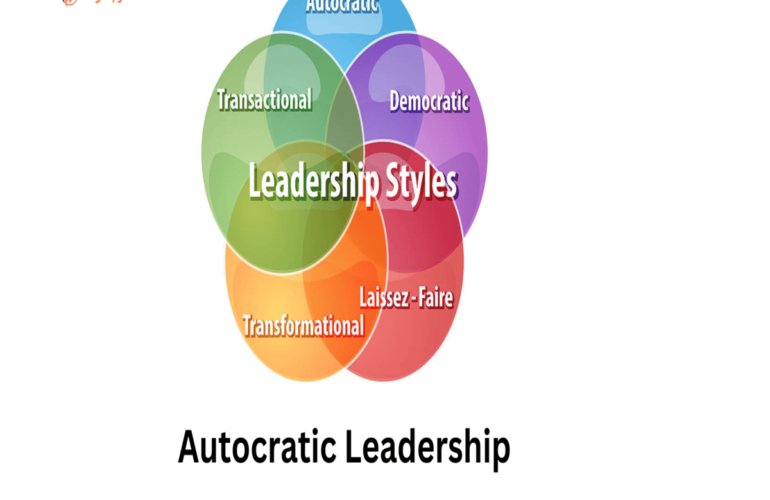Effective Communication in Management: The Key to Organizational Success
In the fast-paced world of business, effective communication is the backbone of successful management. Strong communication skills empower leaders to convey their vision, foster collaboration, resolve conflicts, and enhance overall productivity. Without clear and concise communication, even the best strategies can fail.
What is Effective Communication in Management?
Effective communication in management refers to the ability to deliver messages clearly, listen actively, and ensure that information is understood and acted upon by all stakeholders. It involves both verbal and non-verbal communication, ensuring that teams are aligned with organizational goals.
Key Elements of Effective Communication
- Clarity and Conciseness – Messages should be simple, clear, and direct to avoid misunderstandings.
- Active Listening – Good managers don’t just talk; they listen attentively to their employees’ concerns and feedback.
- Empathy – Understanding the emotions and perspectives of team members helps in building trust and rapport.
- Feedback Mechanisms – Encouraging two-way communication ensures that messages are received, understood, and acted upon.
- Adaptability – Adjusting communication style based on the audience (employees, stakeholders, customers) enhances effectiveness.
The Role of Communication in Management
1. Strengthening Leadership
A great leader communicates a compelling vision and motivates teams to achieve common goals. Clear communication ensures that employees understand their roles, responsibilities, and how their work contributes to the company’s success.
2. Enhancing Team Collaboration
Miscommunication can lead to confusion and inefficiency. By fostering an open communication culture, managers encourage teamwork, transparency, and a sense of belonging among employees.
3. Conflict Resolution
Workplace conflicts are inevitable, but effective communication can help address misunderstandings and disagreements professionally. Managers who listen actively and communicate with diplomacy can resolve conflicts before they escalate.
4. Boosting Employee Engagement and Morale
Employees feel valued when they are heard and understood. Regular communication through meetings, one-on-one sessions, and feedback loops enhances job satisfaction and commitment.
5. Improving Decision-Making
Clear communication provides managers with the necessary insights and feedback to make informed decisions. When information flows freely across teams, problems are identified early, and solutions are implemented effectively.
How to Improve Communication in Management
- Encourage Open Dialogue: Create an environment where employees feel comfortable sharing ideas, concerns, and suggestions.
- Use Multiple Communication Channels: Emails, meetings, video calls, and instant messaging platforms should be used strategically for different purposes.
- Practice Active Listening: Focus on understanding rather than just responding; acknowledge employees’ viewpoints.
- Provide Constructive Feedback: Regular feedback helps employees improve performance and align with organizational goals.
- Leverage Technology: Utilize collaboration tools and project management software to enhance communication efficiency.
Know More About Communication in Management >>
Conclusion
Effective communication is a fundamental pillar of strong management. It fosters collaboration, builds trust, resolves conflicts, and drives productivity. Managers who prioritize clear, empathetic, and open communication create a thriving workplace where employees are engaged, motivated, and aligned with organizational goals.
For more insights on leadership, management, and career development, stay connected with SignifyHR – your trusted source for professional growth.




